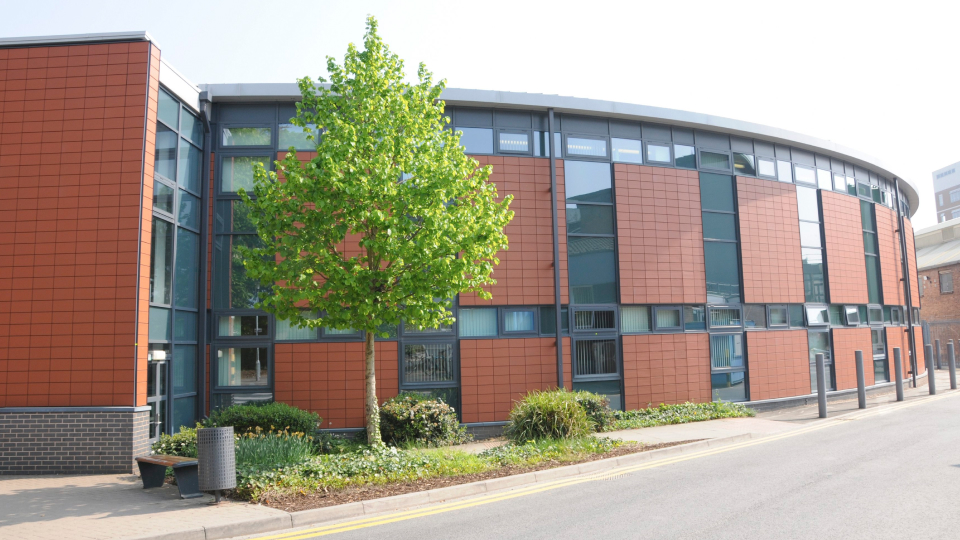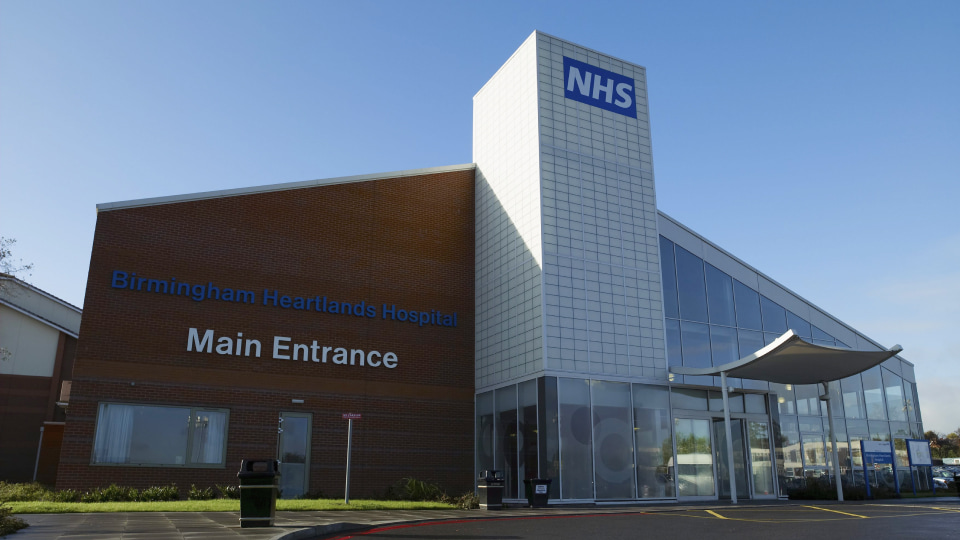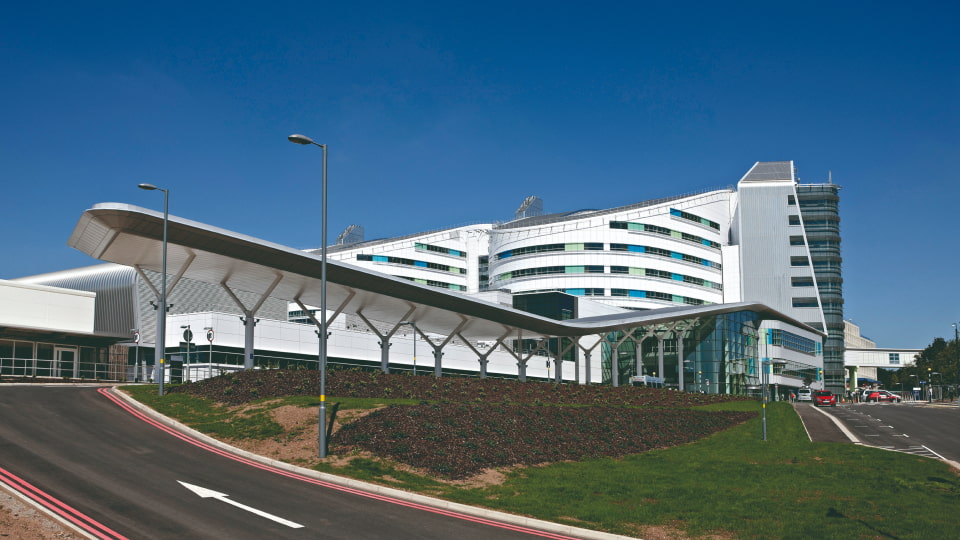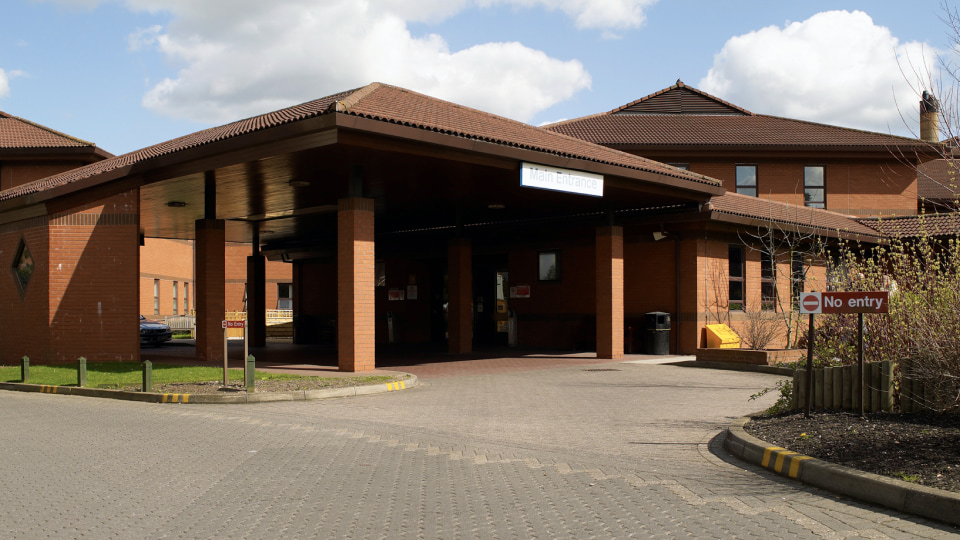We know that having an operating can be daunting for some patients, especially if it is your first and you are not entirely sure what will happen on the day. We have put together the below information and videos to help you understand, prepare and feel familiar with the journey on your day of operation/surgery.

Enhanced Recovery After Surgery (ERAS)
Enhanced Recovery After Surgery or ERAS, is 9-stage programme dedicated to ensuring that patients have an optimal and seamless journey relating to their surgery.
ERAS incorporates all stages of a patient journey from the original appointment in the outpatient clinic, through to pre-operative assessment, to surgery, and discharge.
The nine stages of ERAS are explained below:
- Outpatient Clinic – Sharing information, and agreeing expectations e.g. how long a patients’ stay will be in hospital
- Pre-op screening and optimisation - Preparing the patient so they are as fit as possible and ready for surgery, and start planning what discharge looks like
- Pre-op Preparation – Discussion around preparation for surgery including attending ‘Surgery School’, and involving friends and family in supporting the patient through their journey. Patients will also be advised of a predicted length of stay in hospital
- Admission - Reminders around expectations with the patient and their family and friends. Preparation for surgery including pre-medication and fluid protocols
- Theatres (Operation) - The optimal anaesthetic protocol designed for the patient to effectively manage pain and to help early mobilisation. Surgery is minimally invasive, where possible
- Ward – The ward team will check the patient and the estimated length of stay in hospital. Nutrition, hydration and movement will be encouraged and supported to aid recovery. Patients will be supported to get out of bed and wear own clothes as soon as possible and there may be group exercises for peer support. Discharge preparation will commence
- Discharge – Once the patient is achieving their goals discharge plans are enacted including: Nursing/medics constantly reviewing discharge status, removal of any drains/catheters as soon as appropriate, early preparation of discharge letters and prescriptions/tests. Staff will identify any additional needs of patient and refer appropriately and provide patient information regarding risks and signposting. Outreach teams will also be involved where appropriate
- Clinic – Patients will attend clinic for a post-op review. Here the patients’ success and progress will be reviewed and celebrated and there will be a discussion about long term recovery
- Feedback – Patient’s are asked for feedback on their surgery journey (including surveys and invitations to in-person events) to enable improvements for the future



